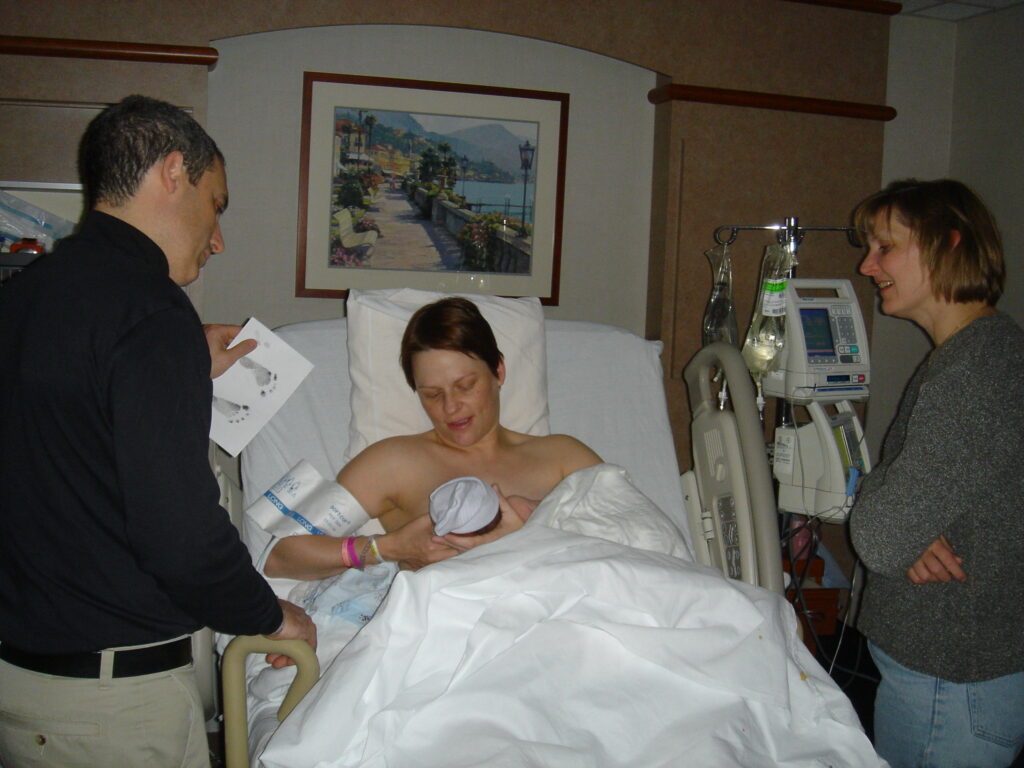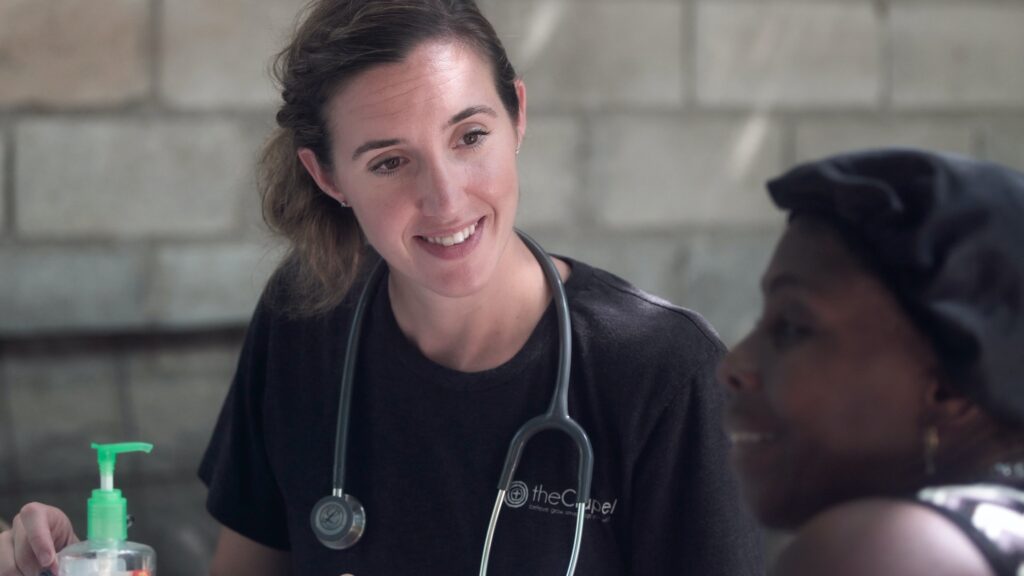Nursing Diagnosis: Readiness for enhanced Childbearing process (Ackley, 2020).
Definition: A pattern of preparing for and maintaining a healthy pregnancy, childbirth process, and care of a newborn for ensuring well-being, which can be strengthened.

Defining characteristics–after birth:
- Expresses a desire to enhance attachment behavior.
- Expresses the desire to enhance baby feeding techniques.
- Expresses the desire to enhance environmental safety for the baby.
- Expresses the desire to enhance the postpartum lifestyle.
Desired Outcomes:
- The client will: state an understanding of the importance of STS contact in the Golden Hour and throughout the postpartum period.
- The client will: state an understanding of the risk factors of maternal-infant separation and the impact it has on breastfeeding and bonding.
- The client will: Demonstrate bonding with infant.
- The client will: Demonstrate appropriate lifestyle choices postpartum.
- The client will: Demonstrate proper infant breastfeeding, bonding, and safety techniques.
Photo Credit: Dave Goodman, https://commons.wikimedia.org/wiki/File:A_few_moments_more.jpg#/media/File:A_few_moments_more.jpg
Interventions:

- Establish rapport and a trusting relationship with the client.
- Assess the client’s beliefs and concerns about the postpartum period, breastfeeding, and bonding. Provide culturally appropriate health information and guidance on contemporary postpartum practices.
- Use a guiding or facilitating style when working with clients who desire greater knowledge about STS and infant bonding. Ask guiding questions to facilitate conversations and to foster critical thinking.
- Provide teaching and guidance that fosters STS contact and rooming-in and discourages unnecessary maternal-infant separation.
- Educate the client on alternative choices for tasks and procedures that lead to separation from the infant.
- Encourage parents to remain with the infant during procedures that require an infant to be transferred to a procedure area.
- Suggest medical provider approved parenting websites that support new parents with postpartum advice, newborn care, breastfeeding, and bonding.
- Encourage parental participation and visitation if the infant is separated due to acuity.
Risk of impaired parenting by the separation of mother and child (NANDA International, 2020)

Definition: Disruption of the interactive process between parent/SO and infant that fosters the development of a protective and nurturing reciprocal relationship
Risk factors:
- Separation; physical barriers.
- Premature infant; ill infant who is unable to effectively initiate parental contact due to altered behavioral organization.
- Difficult pregnancy and/or birth (actual or perceived).
Desired outcome:
- Parent Will: Engage in mutually satisfying interactions with the infant.
Photo Credit: Hush Naidoo. https://unsplash.com/photos/ZCO_5Y29s8k
Interventions:

- Develop a therapeutic nurse-client relationship that is consistently warm and nurturing.
- Assist parents in identifying and prioritizing strengths and needs by positively acknowledging skills that are done well and encouraging skill development.
- Involve parents in activities with the infant that they can accomplish successfully to enhance self-concept.
- Recognize and provide positive feedback for nurturant parenting behaviors to reinforce the continuation of desired behaviors.
- Minimize the number of professionals on a team to provide continuity of care with parents and reinforce trust in the relationships.
Photo Credit: https://www.topnursing.org/career/postpartum-nurse/